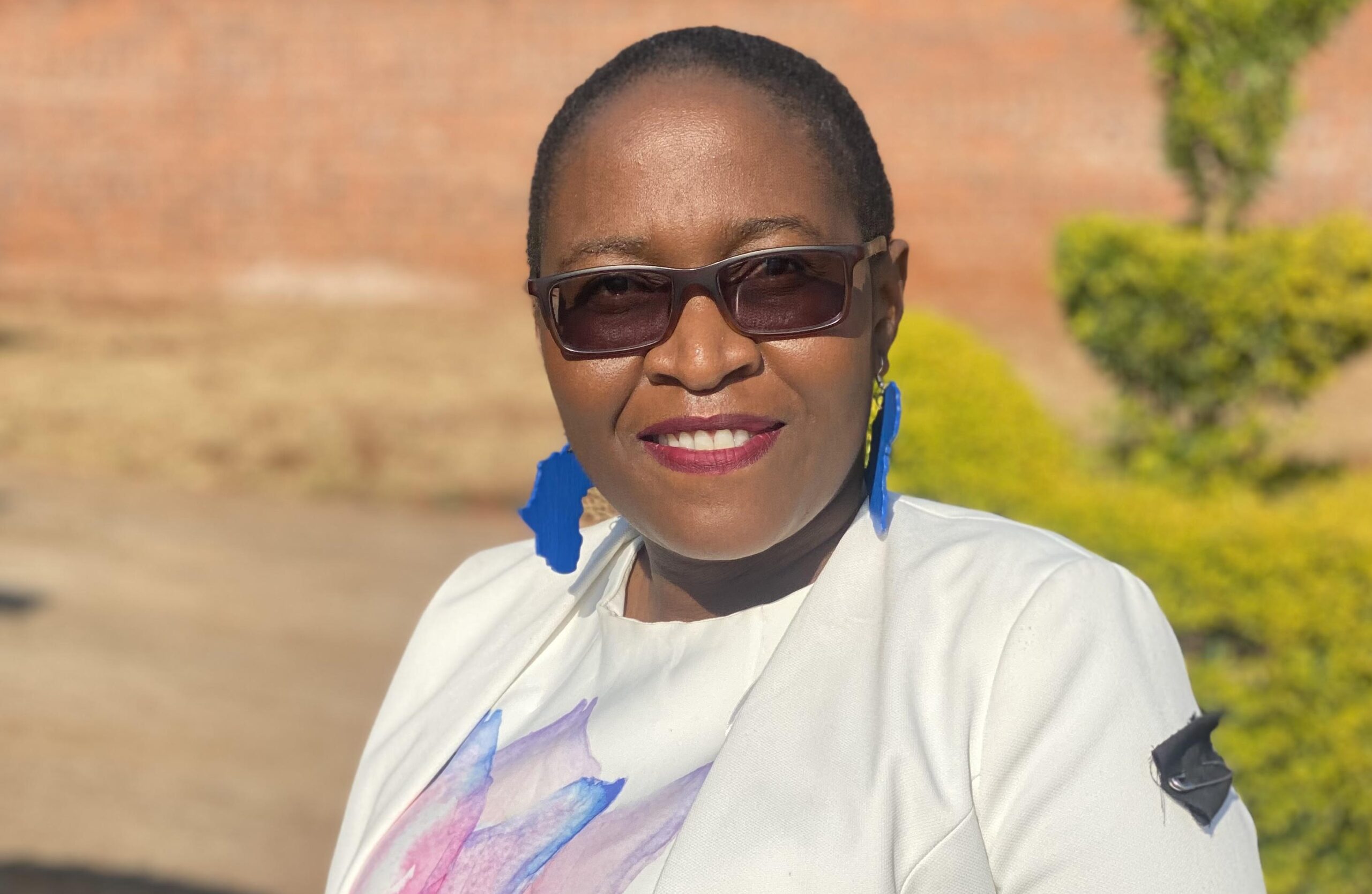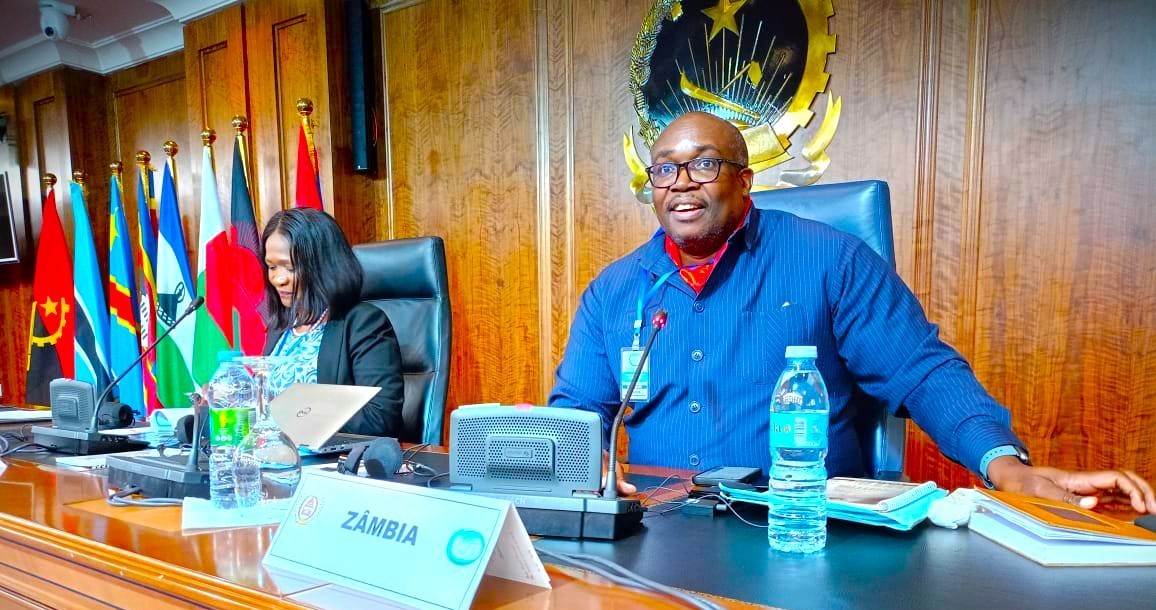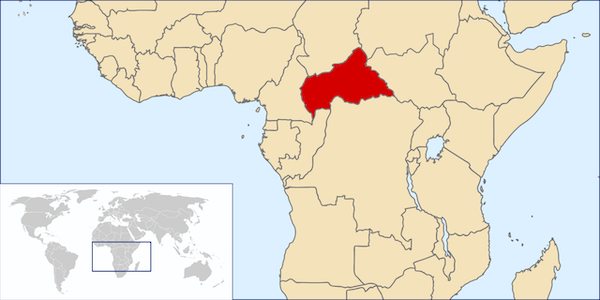
Tsitsi Nomsa Ngwenya. Photo: Contributed
Tsitsi Nomsa Ngwenya (TNN) is one of renowned Zimbabwean writers who writes in Ndebele and English.
She was born in Matebeleland South Province in Zimbabwe to a Ndebele father and Shona mother. She grew up there and attended school in Minda Girls High School, Maphisa.
Her first Ndebele novel, Izinyawo Zayizolo (2016), is about the official system of law which was colonially imposed versus the African Ndebele indigenous system.

Her second Ndebele novel is the award-winning Zalabantu Ziyebantwini. It was published on 11 May 2022. In it, Ngwenya attempts to reveal the modern life and its challenges. She delves into outbreaks of mental illnesses, disturbing problems in religion, and failure to govern affairs as a people.
Fifty Rand Note and other stories was first published in 2020 by Royal Publishing House. It was republished by Carnelian Hearts in 2024. Most of the stories were composed from her real estate office in Harare.
It was during the days of serious economic strife, and she was overly concerned at what she had forfeited. The stories were well-received, especially in academia, specifically the one in which the spirit and individual fly together and sometimes in opposition to one another. Tertiary students from all over the world used the stories for research.
Her novel, A Portrait of Emlanjeni, was published by the UK based Carnelian Heart Publishing in March 2023 and is partly what is called literature of environment. Moses Magadza, PhD (MM) interviews her about her writing, motivation and other related issues.
MM: In recent times your name has featured a lot in book reviews, and you have made definitive statements about literature and writing. What is the motive behind the current drive?
NTN: Those definitive statements that I make in recent times are related to the themes in my books which have been discussed by various book reviewers. You normally do not talk back to book reviewers, but I felt I should lightly highlight certain issues.
MM: One day you said, “I encourage girls to seek financial and emotional freedom ahead of everything else including fame.” What did you mean?
NTN: We are living in times where the youngsters may easily be persuaded to seek mere fame. Empty rhetoric. Through social media, young women are involved in some shameful activities to gain just the ‘likes.’ How do the virtual likes really help them? Girls must know their worth and stop all this indecency we see on social media. We must all strive to live and work in decency for the better of our communities.
MM: You have also said that that your writing really went into top gear when you faced adversity in the year 2009. In what way did adversity turn you into a writer?
NTN: Naturally I am a person who cannot let a day pass by without being productive. It comes from my rural Ndebele upbringing. I had nothing else I could do when things fell apart around me in 2008/9. I became angry and restless.
Writing became a way of taking out the anger. When I wrote, I never thought I would publish. I wrote to silence the crying baby inside me. I wrote in no particular sequence until there was a discernible and hazy order in my writings. Poems, short stories, poems, novels…novels…I became clearer and clearer in my writings and… boom…I became coherent, eventually.
MM: You have stated, also, that a whirlwind seized you and you started to write madly. In what way can strife propel a writer – can people not be creative if their lives are proceeding in even tenor?
NTN: With the kind of problems that we often face in Zimbabwe of the recent couple of decades, one needs to find a distraction of sorts to avoid crushing totally. You are in the home and the electricity is suddenly cut and while you are thinking, water is cut too and as you are looking for somewhere to sit in the dark, the battery of the phone dies out! You end up writing!
Some businesspeople committed suicide after losing their savings during 2008/9 hyperinflation. I survived that because I hid in my books. It felt like burning, going down in ashes and rising as smoke. I rose as smoke as I became creative in that distressing situation. I wrote and wrote and showed my work to Musaemura Zimunya, Shimmer Chinodya and others.
MM: You have said that women tend to forget to live for themselves and that women try to live for others, or words to that effect. What do you mean?
NTN: We tend to love and feel for others than we do for ourselves. In Ndebele we have a saying that goes, ‘umama ngumama’. We know pain and we carry it even with tears and broken hearts for the sake of our children. We do not easily give up on our families. Sometimes we do not even tell anyone what we are feeling. It is us!
We keep going and fighting to no end. We are socialized to take and carry pain from a tender age. Elderly women say, ‘qinisela’, ungumfazi.’ I grew up hearing this.
My grandmother pierced our ears using a thick white acacia thorn. She started with my cousins, and they cried and yelled. When it came to my turn, I said what if I do not want to be a beautiful woman, but rather a rich and powerful woman who does not have to wake up very early to light a fire and fetch water and firewood?’
MaSibanda looked at me and sighed. I had no holes in my ears until I had it done by a small machine when I already owned a business.
MM: You indicate that you write about the plight of women. What is your understanding of the highs and lows of feminist literature?
NTN: I shy away from labels; feminist literature, womanism etc because they are limiting. I hate labels. That is not my area. You can easily become misunderstood. I just write. You hear me? I am a writer who is usually clearly interested in matters that affect women even in their interaction with men and the larger world. It is because I am a woman. That is my first tribe. I advocate for harmony in the community.
In my work, I seek the rhythm of harmony between men and women, without having to suggest that there should be duty rosters in the home between men and women and those women should also drive heavy trucks like men etc. Look, if you think that I am a feminist, go ahead. But I know that I write from the bottom of my heart.
MM: What do you consider to be three or four iconic works by Zimbabweans and how do they influence your writing?
NTN: I like Yvonne Vera. I do not know how many times I have read Butterfly Burning and The Stone Virgins. Vera’s craft is awesome. To read her is to dream and to hear the world wailing. Her prose-poetry is charming. Read about Mazvita as she comes into Salisbury in Without A Name, and as she gets on the bus back to Mubaira. Vera is my inspiration. I hope to be able to write like her, but in my own unique way.
I read Chenjerai Hove, Mercy Dhliwayo and Siphiwe Gloria Ndlovu. Dhliwayo’s story telling is amazing. Ancestors by Chenjerai Hove is one book I keep reading repeatedly. Mucha sees and recalls the past before his own birth! Miriro appears to Mucha in dreams and sometimes in some kind of trance akin to spirit possession! Hove marches on. Combined, Mucha, Tariro and Miriro’s family experiences span a period of about a hundred and fifty years.
Dhliwayo writes the real stories that are happening to Zimbabweans of this generation, sad and heartbreaking too, especially the title story in the short story collection, Bringing us Back. It’s real and yet hard to believe if one has not experienced it. I also keep going back to read Siphiwe Gloria Ndlovu work each time I want to write. There are so many good writers in Zimbabwe but those four are my story tellers.
MM: Your celebrated Ndebele novel, Izinyawo Zayizolo (2016) looks at modern law vs culture. With close reference to your story itself, what do you think could be the solution to this conflict?
NTN: Izinyawo Zayizolo brings the flaws of the modern judiciary. The Chief’s mother, MaNxumalo brings this out when she thinks and comments about the time the Courts take to come up with a verdict. She says if the person spends two years in remand prison, and then later gets acquitted, who pays the damages to him and his family? No money can do that.
When a person is in prison, who would be taking care of his family? She also challenges the idea of putting mentally sick people in hospitals. She suggests that some of the mental problems in our communities could be sorted out within a short period after visiting those gifted with spiritual powers. Some of those problems are spiritual and may need a spiritual dimension.
I come from a community which does not ignore our core values as a people. Even if modernity is accepted, people still do things the way they are supposed to be done culturally. I am happy with that, and it is my wish to carry forward our rich culture to the next generation, through my storytelling.
MM: Your second Ndebele novel, Zalabantu Ziyebantwini is partly about mental health. In what way do you consider mental health a clinical or spiritual phenomenon?
NTN: Mental health can be both clinical and spiritual. I will take you back to a character in Izinyawo Zayizolo, NakaThathabonke. An avenging spirit causes her problem, however Dr Nonceba’s problem is clinical.
MM: I admire Ndebele novelist Barbra Nkala. Her latest novel, Gqabula! goes into rape, DNA tests, migration…all in one. Nkala is going strong where young Ndebele writers seem to be slowing down. What are your thoughts about that?
NTN: We applaud Mama Barbara Makhalisa to be doing what she does in the literature sector. You cannot find a better Barbra Makhalisa. She is an institution. She is just like her colleague of Shona literature, Aaaron Chiundura Moyo. She is a stakeholder in Ndebele literature. Her publishing house has discovered so many talented young authors.
I am proud and grateful for Gqabula. It is a book worth reading and translating to English so it may reach a wider audience. The story is so alive and powerful. I do not think Ndebele writers are slowing down, the problem we are facing is the shortage of professional publishing houses to publish and distribute their books. Most people end up self publishing and most of the good work fails to reach proper audiences.
MM: Your story The Fifty Rand Note is an amazing but sad write-up about people who go to other countries and feel out of place. What do you think has been the place of South Africa in the economic plight which some Zimbabweans have experienced over the past decades?
NTN: The Fifty Rand Note shows that the grass is not always greener on the other side of the fence. When I wrote it, I had felt that it is indeed a terrible feeling to live in a country where you know you are not wanted. A country in which you can be killed any time. The terrible feeling that you cannot even go back home because the situation would be worse.
Because of suffering Zimbabweans are going through, people in South Africa and from other countries treat them very badly. When a child is always eating food from neighbours, those neighbours end up throwing the food at the poor child and even beating him up at will. A Fifty Rand Note is stolen in a minibus in Johannesburg on the way to Soweto and because there are Zimbabweans on the bus, automatically they become the suspects.
The Fifty Rand Note shows how every South African is carrying the continent. It is known that Zimbabweans work, and most employers trust their resourceful, industriousness and energy. But they are hated for that by some nationalities…Once more I want to cry as I narrate this. That made me author that book.
MM: Is there any of your stories that you read and re-read? If so, why do you do that and what does that do to you?
NTN: I read and re read all my works. It is not possible to say, I like this story more than this. All my stories are like my children, and I like them. Of course, as I read them now, I want to change here and there an expression or the point of view itself. The writing continues even when the stories are already published.
MM: It seems to me that, A Portrait of Emlanjeni appears to be your major work. It has received good reviews. What seems to inspire the works of key writers from Southern Zimbabwe?
NTN: Portrait of Emlanjeni surprises me too in that regard. The reviewers like it! I think it is because of the themes in the story. I think it is about the honest narrative voice. As I am talking to you, I am supposed to be in Maryland in the USA where I was invited to carry out workshops on any theme from that novel! The festival started on the 1st and ends on the 10th of August.
When I wrote the story, I wanted to show the beautiful aspects of my Ndebele culture, and to find ways of preserving it. I wrote Portrait of a Emlanjeni after writing ‘The Fifty Rand Note.’ Brother, I come from Emlanjeni itself and I have realized that the most successful writers are those who write about the people and places they know.
MM: What do you think Zimbabweans can do collectively for the good of the country?
NTN: As Zimbabweans we need to have respect for each other as a people. In my view, the economic woes have caused the people to lose essence of being. We have lost Ubuntu. Respect starts with being responsible in every aspect of our life, at home and at work. We so much lack integrity as a people. And this is alarming.
Skilled people are running away to go and build other nations whilst the country wallows in disorder and poverty and yet we have everything we need from minerals to land, industry and Human Resources in Zimbabwe. This is heartbreaking.
Recently I learnt that in our universities, the children are no longer allowed to read literature in Ndebele, Shona and even English. It makes you want to cry. Together and collectively, we can transform this nation to what it was before and even to better functioning systems.
MM: I got the sad news that your father passed on recently. Please accept my deepest condolences. What role did your parents play in making you the writer you are?
NTN: Thank you. We laid my father to rest on Monday the 29 of July 2024 at our ancestral burial site in Matobo. On that day I was supposed to travel to Maryland in the US. My father wrote poetry however he did not get any of the works published. He was a reader.
We grew up in a home with a library back in the village. I read all the books at a very tender age. Both my parents encouraged education. I had that balanced childhood which I can now see encouraged me to be the writer that I am today.
MM: What have the National Arts Merit Awards (NAMA) achieved and how can they be improved?
NTN: The NAMAS are brilliant, but a national award should make a difference in the life of an artist herself. Government and private sector must find ways of funding NAMA awards.
MM: How have writers writing from within Zimbabwe fared?
NTN: Writers writing from within Zimbabwe are affected by piracy and the economy, whether they are Barbra Makhalisa or Aarond Chiundura Moyo or any budding writer. Publishers are closing shop and that is sad. But there is good literature coming from within Zimbabwe, regardless of the challenges.
Look at the great and innovative Shona works by my own friends, Memory Chirere and Ignatius Mabasa. Look at the amazing poetry by Philani Nyoni! Look at the uplifting poetic works by Batsirai Chigama. Look at the history books by Pathisa Nyathi. Listen to the poetry of Chirikure Chirikure and others…
(C)TPA2024









